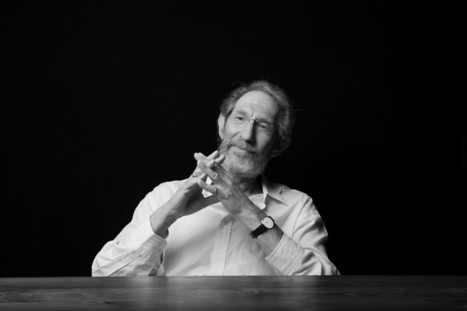The demands of sustainable social-historical change are so complex - we need input from all disciplines, we need radical democratic and alternative philosophical foundations. We can’t possibly think that we can just overthrow the system – to suddenly remove presents structures and systems – and then some Utopia will suddenly emerge. It will take a lot of healing and support to move beyond capitalism’s coercive legacy (psychologically, emotionally, relationally, socially, epistemologically and so on). To suddenly destroy the capitalist system will not make its coercive legacy disappear. That is why, again, I think that seeing emancipatory change as a transitory process is crucial. Indeed, it will take a lot of participation and grassroots organisation, and it will require different systems to support this in both the short and long term. I am reminded, for instance, of a great paper by Michel Bauwens and Vasilis Kostakis titled From the <em>Communism of Capital to Capital for the Commons: Towards an Open Co-operativism</em>, which highlights a similar transitional approach to a post-capitalist economy that I’ve alluded above, combining both commons-oriented open peer production models with common ownership and governance models, such as those of co-operatives (i.e., worker self-directed enterprises, economic democracy, etc.) and the solidarity economic models. The idea here is basically to create a “proto-counter-economy”, which, again, could support the development and expansion of alternative (political, social and economic) space and assist in the greater multidimensional sociohistorical transition. There is something fundamentally significant about this concept."
Research and publish the best content.
Get Started for FREE
Sign up with Facebook Sign up with X
I don't have a Facebook or a X account
Already have an account: Login
on peer-to-peer dynamics in politics, the economy and organizations
Curated by
jean lievens
 Your new post is loading... Your new post is loading...
|
|
















